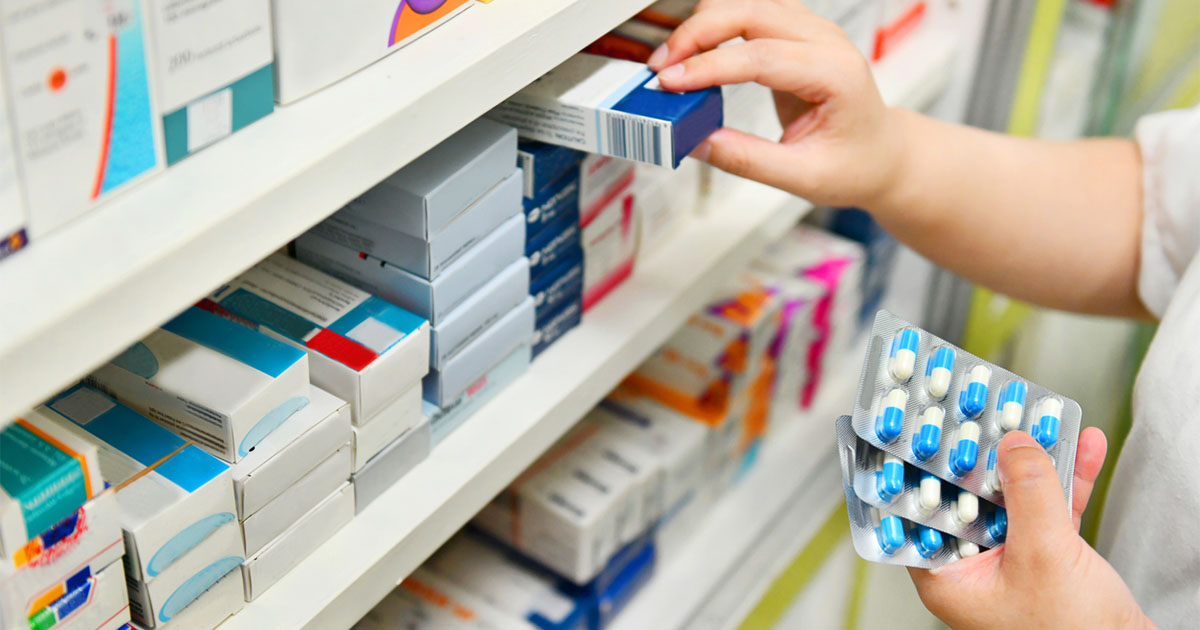If an individual’s travel involves driving, whether it is for business or recreation, then Driver and Vehicle Licensing Agency (DVLA, 2014) advice on blood glucose monitoring timing should be adhered to if there is any risk of hypoglycaemia. An additional supply of blood glucose monitoring equipment may be required. If sharps disposal is an issue, a BD Safe-Clip™ (BD, Oxford), which is available on prescription, may be useful.
More generally, before travel, people with diabetes should be advised to:
- Seek health advice in good time, preferably at least 2 months before, especially if crossing time-zones or requiring vaccinations.
– Travelling west means that the day will be longer and that more insulin may be required.
– Travelling east means that the day will be shorter and that less insulin may be required. - Ensure that they travel with all relevant identification documents. If treated with insulin, they should have an insulin passport.
– Manufacturing companies can provide insulin cards to match their insulin and devices. - Organise twice as much medication as required, as well as blood glucose monitoring materials.
- If travelling by air, request a letter for the airline, as appropriate, detailing medication and any devices and meters. An example is available from VoyageMD (see Resources section).
- Obtain a European Health Insurance Card (EHIC) for reciprocal health (covering most of Europe).
- Check their travel insurance and read the small print. Diagnosed diabetes is a material fact and should be disclosed to the insurance company.
If a complicated journey is planned, and if you do not give this kind of advice regularly, referral to the specialist team may be beneficial.
Many practices have a consent form to be completed prior to the first practice nurse appointment. Examples are freely available online or, if registered, from TRAVAX (see Resources).
In addition, make sure that you have the correct Patient Group Direction or protocol in place for all vaccinations.
On the trip
The following are useful considerations for people with diabetes who are travelling, particularly aimed at those who are flying.
- Remember that delays do happen. It is advisable to carry snacks that can be taken through security, in case of emergency. No fluids over 100 mL in volume are currently allowed through airport security.
- Unless travelling alone, diabetes supplies should be divided between the traveller and a companion in case of loss of luggage.
- Insulin should be kept with the hand luggage as it may be affected by freezing temperatures if placed in the hold.
- Insulin and blood glucose monitoring strips can be affected by extremes of temperature.
- Alcohol can make hypos more likely to happen and more difficult to treat.
- Those carrying insulin to warm climates should discuss methods of keeping their insulin cool (e.g. FRIO® insulated wallets [ReadyCare LLC, Walnut Creek, CA, USA]).
- All travellers with diabetes, not just those on insulin, should understand what action to take on managing illness (see Box 1 and the TREND-UK resources below).
Authors’ conclusion
Travelling, whether for business or pleasure, can be a stressful time. With judicious planning and easy-to-understand information, in the form best suited to the individual, travel should hold no barriers for people with diabetes. Medication warrants particularly careful management, as does the temporary change of lifestyle that frequently accompanies travel. Health professionals need to familiarise themselves with up-to-date information and be ready to share it with prospective travellers. Bon voyage!
Resources
The following list of resources will be useful to consider in providing print-outs or a list of links:
- Diabetes UK travel leaflets, available in several languages: www.diabetes.org.uk.
- Civil Aviation Authority for information on flying: http://bit.ly/1aNIpEH.
- TREND-UK patient leaflets on diabetes and travel, managing illness, and hypoglycaemia: www.trend-uk.org/resources.php.
- The DVLA’s “At a glance guide” to medical fitness to drive: http://bit.ly/1IE14hC.
- TRAVAX travel advice for health professionals: www.travax.nhs.uk (small charge for practice to register).
- The fitfortravel website, which is for public use: www.fitfortravel.nhs.uk.
- Information for healthcare professionals and the public from the National Travel Health Network and Centre: www.nathnac.org.
- Country-specific information from the UK government: www.gov.uk/foreign-travel-advice.
- VoyageMD’s insulin advice specific to flying for people crossing time-zones and more: www.voyagemd.com.
General areas to ask questions on during an initial pre-travel consultation (www.travax.nhs.uk)
Traveller details:
- Age
- Medical history
- Medication
- Previous vaccinations
- Allergies
- Previous travel
- Pregnancy (actual or planned)
- Special needs or disabilities
Journey details:
- Destinations
- Date of departure
- Duration of stay
- Accommodation type
- Purpose of trip
- Mode of transport
- Urban or rural area
- Travel budget
- Availability of medical facilities
Questions to test your knowledge
1. Insulin should be carefully packed in the hold suitcase.
True or false?
2. When travelling to the US from the UK, the day is longer.
True or false?
3. Some vaccines for travel are not suitable for people with diabetes.
True or false?
4. The European Health Insurance Card provides reciprocal healthcare in which one of the following?
[a] Most of Europe
[b] Europe and the US
[c] France, Spain and Germany only
5. Sick day rules (management of illness) should be discussed with which one of the following?
[a] People with diabetes treated with oral medication
[b] People with diabetes treated with insulin
[c] All people with diabetes
Answers: 1 – false; 2 – true; 3 – false; 4 – Most of Europe; 5 – All people with diabetes.





Risk ratios of 1.25 for autism spectrum disorder and 1.30 for ADHD observed in offspring of mothers with diabetes in pregnancy.
18 Jun 2025